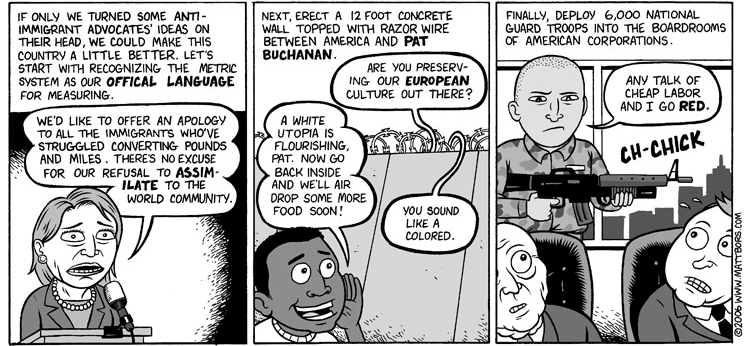Three Key Points On The Bipartisan Immigration Reform Bill’s Plan To End Chain Migration as we know it today. Family immigration as we know will end and new rules for sponsorship are being considered. The impact of this reform remains to be seen.
1. The Bipartisan Immigration Bill Reforms The Immigration System To Better Balance The Importance Of Family Connections With U.S. Economic Needs.
2. The Bill Will End Chain Migration, Which Allows Legal Immigrants To Bring Extended Family Members To The U.S., And Focus Future Family Immigration On The Nuclear Family And Parents. There will still be more family-based than merit-based visas, and the existing decades-long backlog of family-based applications will be eliminated within eight years.
3. Green Cards For Extended Family Will Be Rebalanced To The New Merit-Based System To Select Future Immigrants Based On The Skills And Attributes They Will Bring To The United States.
The Bipartisan Immigration Reform Bill Will Focus Future Family Migration On The Nuclear Family And Parents
In Place Of The Current System Where Nearly Two-Thirds Of Green Cards Are Awarded To Relatives Of U.S. Citizens, The Bill Reforms Our Immigration System To Better Balance The Importance Of Family Connections With The Economic Needs Of Our Country.

Green cards for parents of U.S. citizens are capped, while set-asides for the siblings of U.S. citizens and the adult children of U.S. citizens and green card holders are eliminated.
A new Parents Visitor visa is created to ensure that parents are allowed to visit their adult citizen children in the United States regularly and for extended periods of time.
The Diversity Lottery Program, which is susceptible to fraud and grants green cards through random chance, is ended.
The Bill Will Clear The Current Decades-Long Backlog Of Family-Based Applications Within Eight Years And Continue To Uphold The Importance Of Family Connections. During this time, the majority of green cards issued will go to family members. Even after family backlogs are cleared and the rebalancing of visas is complete, there will be more family-based green cards issued than merit-based green cards.
After The Backlogs Are Cleared, Rebalanced Green Cards Will Be Applied To The New Merit-Based System For Immigration. Once the backlogs of employment-based and family-based applications are cleared, there will be 380,000 green cards available under the merit-based system – up from 140,000 employment-based green cards today.
Family Members Of Z Visa Holders And Temporary Workers Will Not Receive Preference For Green Cards
Z Visa Workers May Not Petition To Bring Family Members To The U.S. Family members of Z visa workers must compete for green cards under the merit-based system, which awards points for attributes that further our national interest, including: skills and work experience, with added points for U.S. employment in a specialty or high-demand field; education, with added points for training in science, math, and technology; employer endorsement; ability to speak English; and family ties to the U.S.
Temporary Workers In The “Y” Program Face Strict Restrictions On Bringing Immediate Family Members To The U.S. The new “Y” temporary workers are eligible only for three, two-year terms in the U.S. and must spend at least a year outside the country between each term. To prevent Y’s from setting down permanent roots in the U.S., the bill provides that these workers may be accompanied by their families during only one of these terms – and then only if they have the financial means to support them and if their family members will have health insurance. In addition, any Y who brings his or her family will be entitled to only two terms rather than the standard three. Finally, the bill caps the overall number of family members that Y visa workers may bring into the U.S.
Click here to read about Chain migration myths:
Download file
 Visa Lawyer Blog
Visa Lawyer Blog

